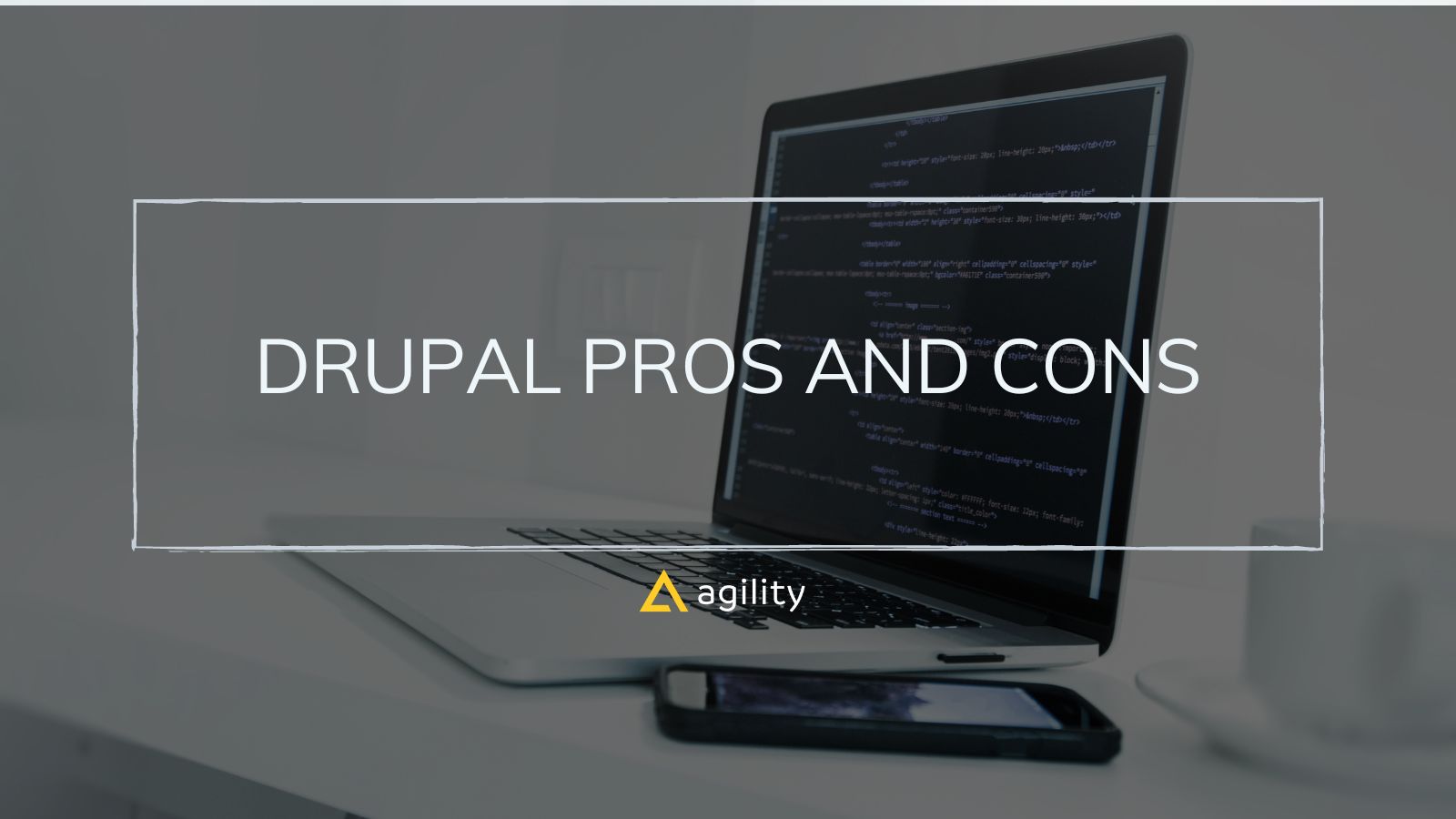
PROS
Easy Setup And Customization
Pros of easy setup and customization in CMS based eCommerce app development:
- No need for extensive technical knowledge
- Ability to create a unique look and feel for the website
- User-friendly interface for adding and editing products
- Customizable templates and themes
- Integration with various payment gateways and shipping methods
Cost-effective
- Pros of cost-effectiveness in CMS based ECommerce app development:
- No need for expensive development costs
- Lower ongoing maintenance costs
- Open source solutions available for free
- Affordable pricing for premium plugins and themes
- Reduced need for in-house technical resources
Wide range of features
Pros of a wide range of features in CMS based ECommerce app development:
- Ability to add multiple products and categories
- Built-in payment and shipping options
- Integration with various marketing tools
- Inventory management
- Order tracking and management
- Customer management and communication options
Large community support
Pros of large community support in CMS based ECommerce app development:
- Availability of tutorials and forums
- Access to a large pool of experts and developers
- Regular updates and bug fixes
- Ability to find solutions to technical challenges
- Wide range of plugins and add-ons available
CONS
Limited scalability
Limited scalability refers to a system or process that has constraints on its ability to expand or increase in size to accommodate growing demand. Some cons of limited scalability include:
- Reduced capacity to handle increased traffic or demand.
- Inability to efficiently handle large amounts of data or processing.
- Increased downtime or reduced performance.
- Potential for bottlenecks or single points of failure.
- Increased difficulty in maintaining and updating the system
Dependence on a third-party platform
Dependence on a third-party platform refers to relying on a separate company or organization to provide a service or infrastructure that is crucial to one’s own operations. Some cons of dependence on a third-party platform include:
- Loss of control over the service or platform.
- Vulnerability to changes in the third-party platform, including downtime, changes in policy or pricing.
- Limited customization options.
- Increased risk of data breaches or security issues.
- Increased costs for use and integration of the third-party platform.
Security vulnerabilities cons
Security vulnerabilities refer to weaknesses in a system or technology that can be exploited by malicious actors to compromise the confidentiality, integrity or availability of information or assets. Some cons of security vulnerabilities include:
- Loss or theft of sensitive information.
- Financial loss or damage to reputation.
- Disruption of operations or services.
- Legal or regulatory penalties for non-compliance.
- Difficulty in detecting and mitigating the vulnerabilities
Lack of unique customization options
Unique customization options refer to the ability to tailor a product, service, or system to meet specific needs or requirements. Some cons of unique customization options include:
- Increased complexity and difficulty in maintenance.
- Higher costs for development and implementation.
- Reduced compatibility with other systems or technologies.
- Increased difficulty in finding support or resources for the customized solution.
- Potential for reduced security or stability due to custom code or configurations.
CMS (Content Management System) based eCommerce app development refers to using a pre-existing platform to build an online store. Here are the pros and cons of this approach in 2023:
Pros:
- Reduced development time and costs.
- Wide range of features and functionality available out-of-the-box.
- Easy integration with existing systems and third-party tools.
- Access to a large community of developers and users for support and resources.
- Scalability to accommodate growth and changing needs.
Cons:
- Dependence on the CMS platform and its updates.
- Limited customization options and potential for performance issues.
- Increased risk of security vulnerabilities.
- Need for technical expertise to use and manage the CMS effectively.
- Potentially higher long-term costs for using a proprietary CMS.
In conclusion, CMS based eCommerce app development can be a good choice for businesses looking for a fast and cost-effective way to launch an online store, but it’s important to weigh the pros and cons and consider the long-term implications of this approach.


